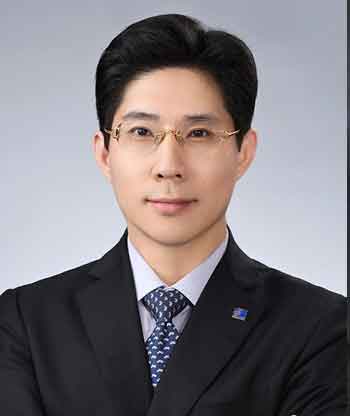Researchers at Seoul National University Bundang Hospital have discovered that finding the genetic problem could help determine the appropriate surgical time by predicting the scope of hearing recovery for adult deaf patients.

According to recent data released by the National Health Insurance Service, the number of patients with hearing loss in Korea totaled 349,000 in 2017, a steep increase from 277,000 in 2012. Notably, 34.9 percent of patients were 70 years of age or older.
“Acquired hearing loss increases with age,” the team said. “Most of the hearing loss is known to be caused by aging, noise, and side effects caused by drugs. However, it is difficult to select an appropriate treatment method and predict treatment results as the exact cause of each patient is often unknown.”
The team, led by Professor Choi Byung-yoon, conducted a study to confirm the relationship between the presence or absence of genetic mutations and the resulting surgical outcome. It conducted next-generation sequencing (NGS) on 40 patients with acquired sensorineural hearing loss who received cochlear implant surgery at their hospital from 2010 to 2017.
A variety of hearing loss gene mutations appeared in 21 patients, while their surgical outcome was also significantly better than that of patients who had no gene mutations. Among the 21 patients, the team confirmed 14 different hearing loss gene mutations with TMC1 (DFNA36), which accounted for most of the gene mutations, followed by SLC26A4 and ATP1A3.
“The important point was that the patients who had the hearing loss gene showed significantly better cochlear implant performance than those who did not have any obvious cause genetic mutation,” the team said. “When comparing the patients’ language evaluation after a year of surgery, the genetic mutation group showed better results than the non-mutation group.”
The team also found that patients with genetic mutations had better surgery outcomes, especially when they received the operation as soon as possible.
“If hospitals can accurately identify such genetic mutations, it can greatly help the recovery process by quickly determining the treatment direction and surgery date,” Professor Choi said.
The journal Scientific Reports published the result of the study.

